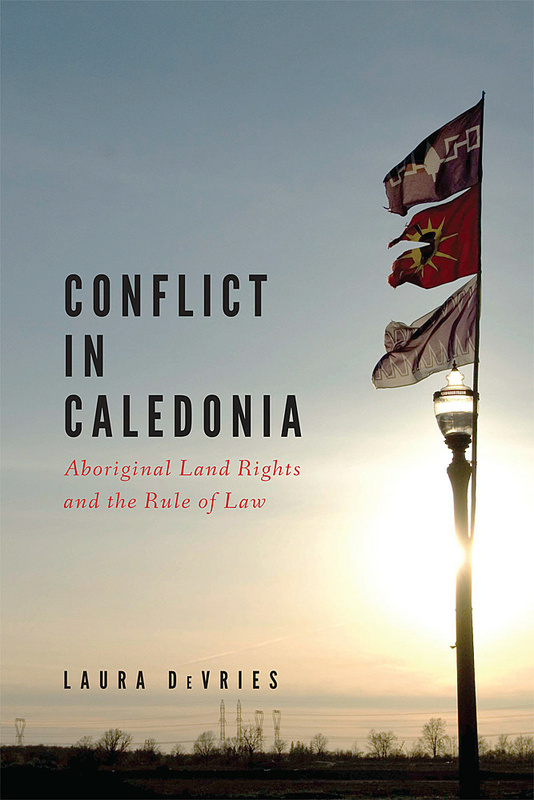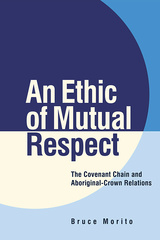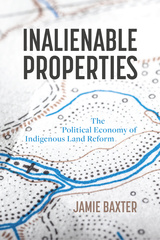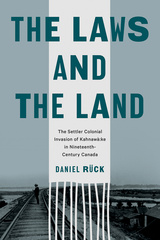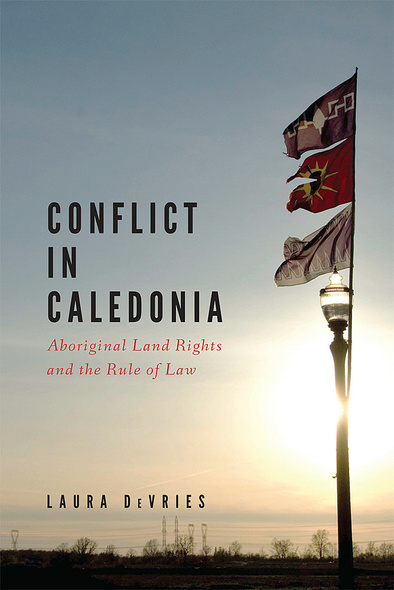
On 28 February 2006, the Six Nations of the Grand River blocked workers from entering a half-built housing development in southern Ontario. They renamed the land Kanonhstaton, “the protected place.” The protest drew attention to the issue of Aboriginal land rights and sparked a series of ongoing events known as the “Caledonia Crisis.”
Laura DeVries’ powerful account of the dispute links the actions of local residents, government officials, and the police – and the current of racism released by the conflict – to entrenched non-Aboriginal discourses about law, landscape, and identity. It encourages non-Aboriginal Canadians and citizens of other settler societies to reconsider their assumptions – to view so-called facts such as the rule of law as culturally specific notions that prevent truly equitable dialogues with Aboriginal people. Devries not only reveals the conflicting visions of justice that various actors brought to the dispute, she also examines alternative conceptualizations of sovereignty over land and law inherent in the Constitution.
By questioning cherished notions about law, multiculturalism, national identity, and human rights as they played out in one conflict over land, DeVries offers true insight into Canada’s troubled relationship with First Nations.
This book will be of interest to students and scholars of legal theory, Aboriginal law, and Native studies and to anyone who wants a deeper understanding of Aboriginal land rights in Canada and around the world.
Awards
- 2012, Winner - Canadian Law & Society Association Book Prize
This book offers, for those non-Aboriginals who will read it to the very end, a chance to decolonize their minds by questioning non-Aboriginal, taken-for-granted discourses that negatively impact Aboriginal–non-Aboriginal relations, both historically and in the present.
From the first to the last page, the author pulls the reader into the fascinating and conflicting narrative surrounding the events leading to and eventually affecting all of Caledonia. It takes the conversation and understanding of Six Nations--Canadian relationship to a whole new level.
Laura DeVries was born and raised in Southern Ontario. She now lives and practices law in Vancouver, after working at the Supreme Court of Canada as a judicial law clerk from 2013 – 2014. She completed her undergraduate degree at the University of Ottawa in 2000 and her M.A. and J.D. at the University of British Columbia in 2009 and 2013.
Introduction
1 “Rule of Law”
2 Places to Grow
3 “Us” and “Them”
4 A History of Sovereignty
5 In Search of Justice
6 Constitutional Territory
Conclusion
Appendix 1: Key persons
Appendix 2: Timeline of events
Notes
Bibliography
Index

